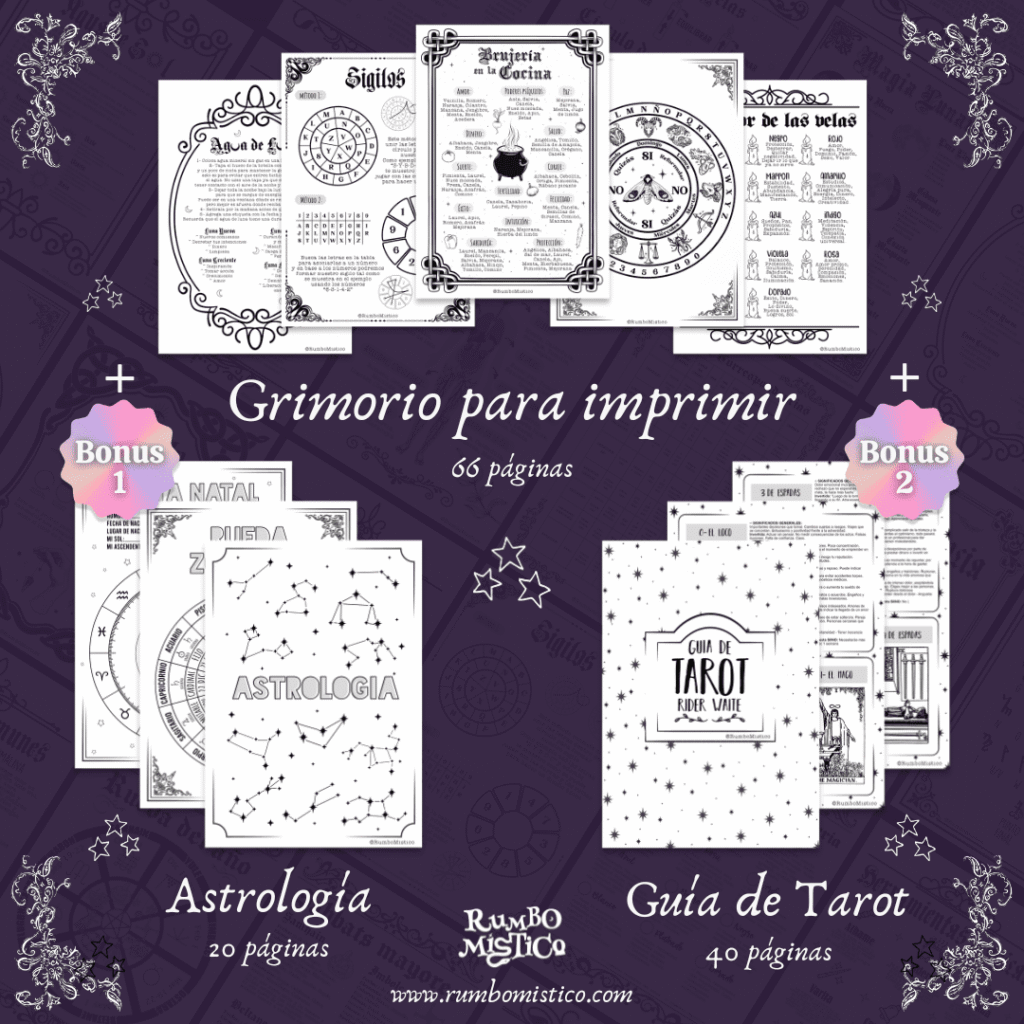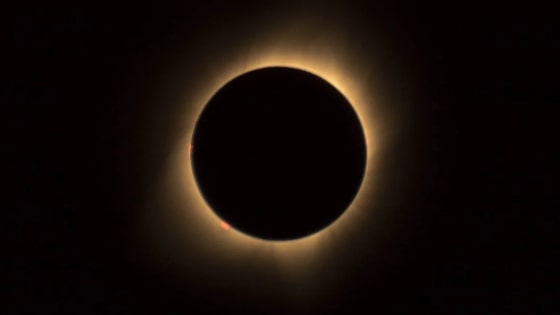
Celtism and Hellenism
Celtism and Hellenism
In this section, we explore two of the most fascinating spiritual and religious traditions of Antiquity: Celtism and Hellenism. Both currents were born in different territories —the Celtic world in Western and Central Europe, and the Hellenic world in ancient Greece—, yet they share a profoundly spiritual vision of life, a sacred relationship with nature, and a rich legacy of myths, deities, and rituals that still inspire seekers and practitioners today.
Here you will find articles that delve into each tradition, their beliefs, practices, and divinities, so you can immerse yourself in these spiritual paths from a historical, esoteric, and mystical perspective.
✦ Celtism
Celtism refers to the spirituality and beliefs of the ancient Celtic peoples, who spread across much of Europe before the expansion of the Roman Empire.
Connection with nature: The Celts saw the world as a living web of natural and spiritual forces. Trees, rivers, mountains, and animals were viewed as manifestations of the sacred.
Deities and mythology: Their pantheon was populated by gods and goddesses linked to war, fertility, wisdom, and nature, such as Dagda, Brigid, Lugh, or Morrigan.
Priests and druids: Druids were mediators between the human and spiritual worlds, guardians of knowledge, medicine, and magic.
Festivals and rites: Celebrations such as Samhain, Beltane, Imbolc, and Lughnasadh marked the rhythm of the year, connected to agricultural and solar cycles.
Celtism is not just an archaeological memory: many of its traditions survive in modern neopaganism, in druidic practices, and in the Celtic spiritual revival.
✦ Hellenism
Hellenism is the religion and worldview of ancient Greece, the cradle of myths and practices that still shape Western culture.
A divine universe: The Greeks saw the cosmos as governed by a vast family of immortal gods, led by Zeus, Hera, Athena, Apollo, Artemis, Aphrodite, Poseidon, and others. Each deity represented forces of life and the human spirit.
Myths and archetypes: Their stories explained the origins of the world, the bonds between mortals and gods, and offered teachings on morality, destiny, and the tragic greatness of human existence.
Religious practices: Rituals included offerings, sacrifices, festivals, and temples dedicated to the gods. Entire cities identified with their tutelary deities, such as Athens with Athena.
Philosophical schools and mysteries: Beyond public religion, there were mystery cults such as the Eleusinian Mysteries or the Oracle of Delphi, where spiritual revelation was sought.
Modern Hellenism revives these practices as a way to reconnect with the Olympian gods, Greek values, and classical spirituality.










